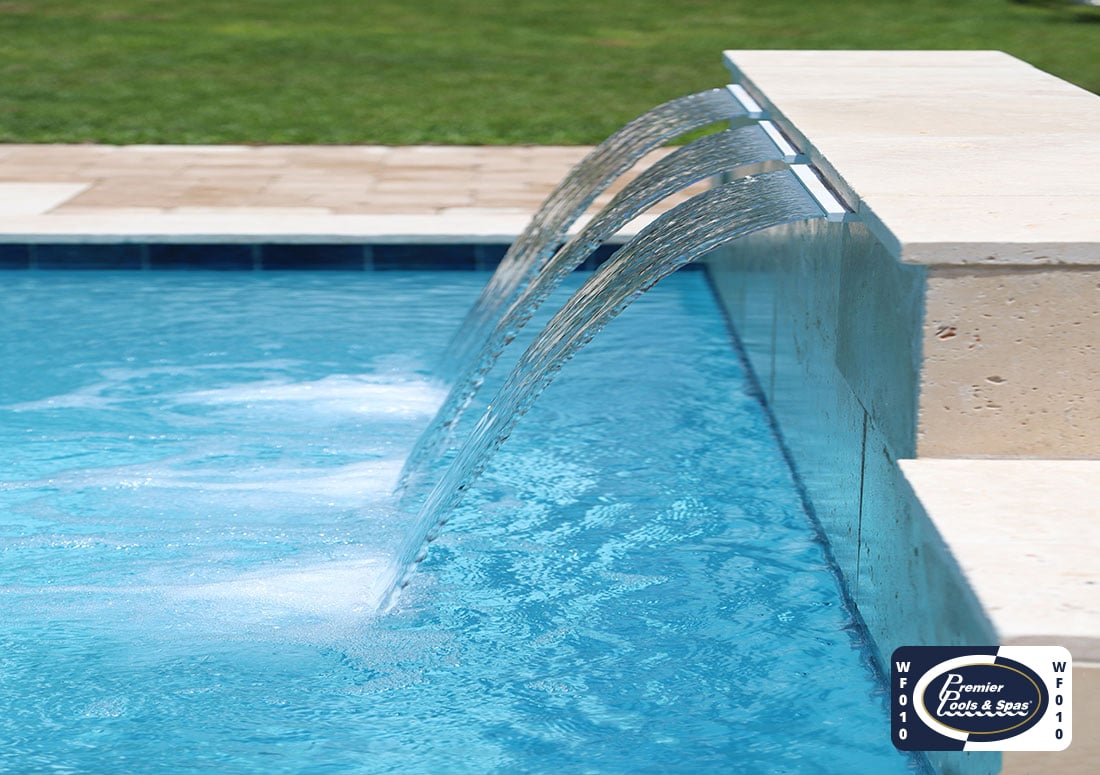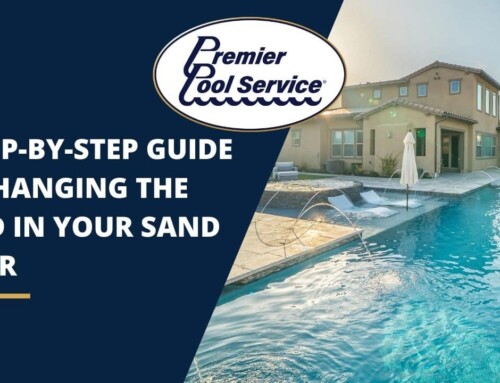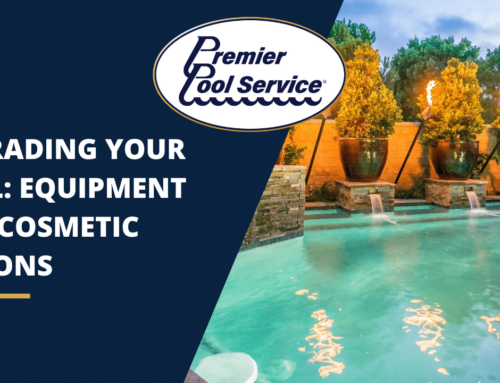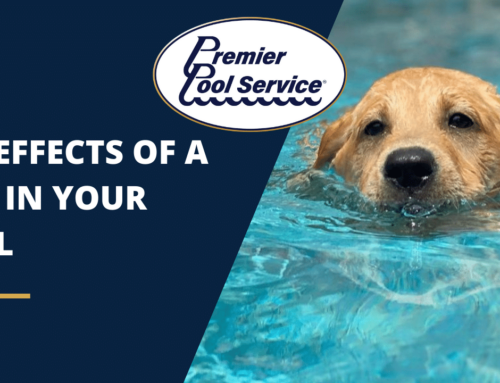Pool Circulation, Water Returns and Chemistry
Our final discussion regarding pool circulation will focus on what happens after water flows through your pool equipment and returns to the pool.
Returns

Returns aimed downward will help to promote deep circulation. Water may also return through a cleaning system, and through the bubbler on the tanning ledge, if equipped.
Additionally, there is a fitting that may be present for water to return to a robotic pool cleaner. The cleaner, once installed, has a hose that feeds water to the cleaner.
The cleaner provides circulation to most areas in the pool, including the corners. As the cleaner moves around the pool, it is assisting with pool circulation.
The cleaner can also reach “dead spots” in the pool. These are areas in the pool that sometimes do not receive direct water flow. Some examples of dead spots are around ladders, near the steps, and in coves. The pool cleaner can reach these areas. Brushing the pool also plays a significant role in reaching dead spots and ensuring they remain clean.
Water features, such as waterfalls, fountains, and sheers, provide beauty and drama to your pool, but they also help with circulation. Working in tandem with your pump, the water that flows through your pool features helps distribute chemicals and keeps things moving.
Turnover Rate
Proper pool circulation requires that the pool’s water cycles through one time in a 12-hour period. You can ensure this occurs by:
- Running the pump and filter for 8 to 12 hours per day
- Keeping the skimmer and pump baskets clear
- Ensuring that your returns have a 1” orifice to improve flow and reduce backpressure
Pool Chemistry
Of course, we would be remiss if we did not remind you that chemistry always plays a major role in the health of your swimming pool. While circulation is vital, circulating the correct balance of chemicals is also mandatory.
If your circulation system is operating beautifully, it will have limited benefit if your water chemistry is not optimal.
Chemistry can be affected by heat, rain, and bather load. A big pool party with your neighbors and friends, or several days of heat or rain in a row, can cause a chemical imbalance. Maintain your chemistry by using test strips or a test kit utilized at least once per month.
If you have additional questions about pool circulation, or you want help keeping your pool in pristine condition, view the video below or contact Premier Pool Service. We offer free quotes and peace of mind.
Get a FREE quote
Looking to build a brand new swimming pool or add a spa or water feature to your existing pool? Check out our fantastic pool designs at premierpoolsandspas.com.



